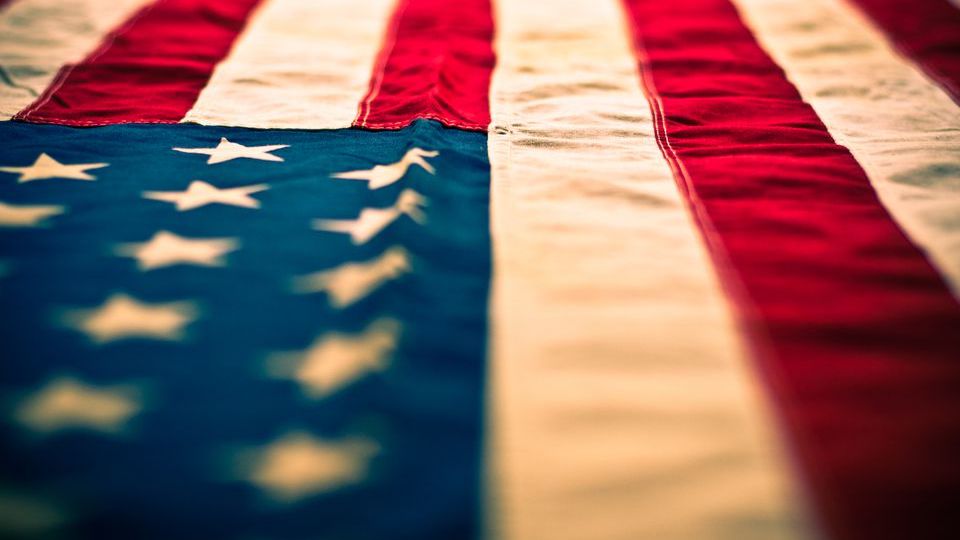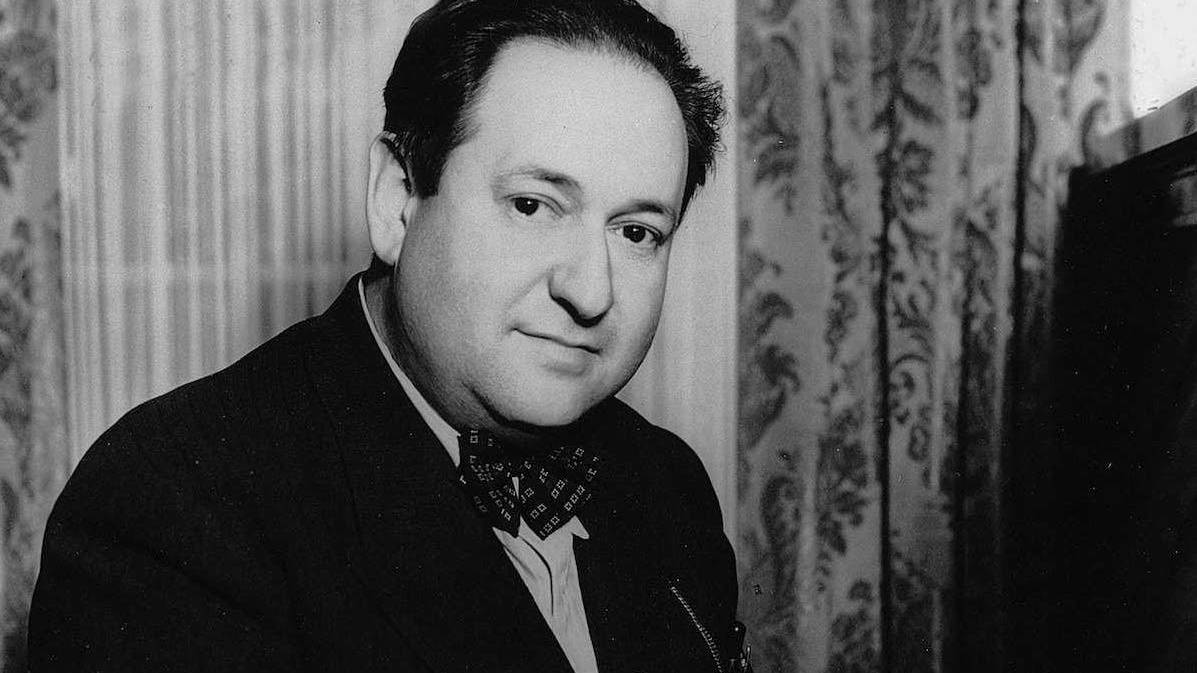Ravel’s “Le Tombeau de Couperin”: Paavo Järvi and the NDR Elbphilharmonie Orchestra
Maurice Ravel completed the solo piano suite, Le Tombeau de Couperin, in 1917 amid the devastation of the First World War. The 17th century word, tombeau, refers to “a piece written as a memorial.” Ravel dedicated each of the suite’s movements to the memory of a friend who was lost in the war. Yet, there is nothing somber or elegiac about this music. The bleak, mechanized dehumanization of the twentieth century battlefield is left …







